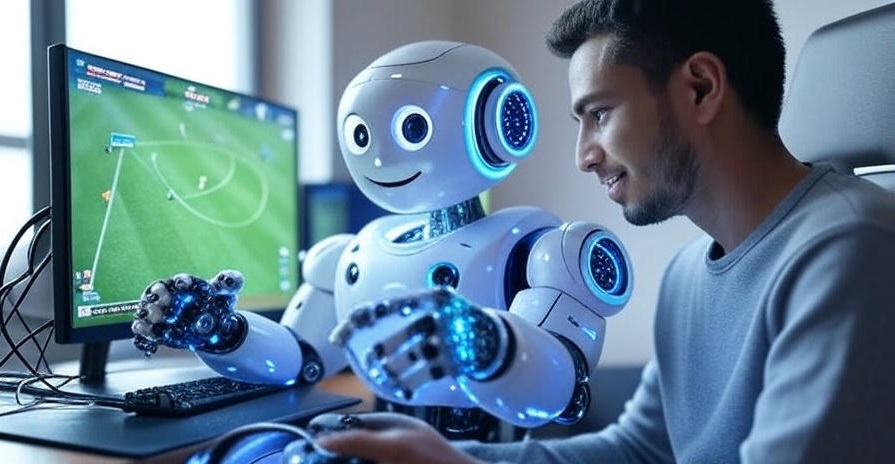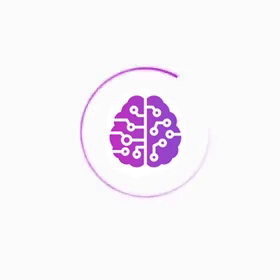
The Rise of AI Bots in Esports
The esports landscape is undergoing a profound transformation as next-generation AI bots enter competitive arenas. In 2025, advanced gaming bots powered by sophisticated deep learning models are not only training human players but also actively participating in professional tournaments — often outperforming top-ranked human competitors.
How AI Bots Have Evolved
Unlike earlier programmed bots with limited capabilities, modern AI bots utilize reinforcement learning, neural networks, and real-time adaptive strategies. They analyze millions of gameplay scenarios, learn from opponent behavior, and optimize tactics dynamically. This results in hyper-intelligent digital opponents that can react and strategize faster than any human.
High-Profile Tournaments Welcome AI Competitors
Major esports leagues, including the Global Esports Federation and several independent tournaments, have introduced special AI bot divisions, while some hybrid competitions allow human players to face off against AI teams. These matches attract millions of online viewers fascinated by the man-vs-machine dynamic.
Human Players Partner with AI
Rather than replacing professional gamers, many teams now integrate AI assistants during training. AI bots simulate diverse playstyles, helping players refine reflexes, decision-making, and teamwork. Several pro teams credit AI-driven practice sessions for noticeable performance improvements.
Ethical and Regulatory Concerns
The growing prominence of AI bots has sparked heated ethical debates. Critics argue that widespread AI participation could diminish human talent and authenticity in esports. Regulators are working to establish transparent rules around AI involvement, anti-cheat measures, and fair play standards.
Industry and Investment Boom
Venture capitalists and tech giants are pouring investments into AI gaming startups, fueling rapid growth in the sector. Market analysts forecast the AI-driven gaming tools industry to exceed $5 billion annually by 2027. Game developers are also exploring AI-powered game balancing and procedural content generation.
Psychological Impact on Gamers
Some psychologists warn of potential mental health effects on human players frequently competing against near-perfect AI opponents. The psychological pressure of maintaining peak performance against flawless bots may lead to burnout and anxiety, prompting calls for balanced regulations.
The Future of AI in Esports
Looking ahead, experts envision a hybrid esports ecosystem where AI and human players coexist — not as adversaries, but as collaborators enhancing each other’s capabilities. From coaching to live strategy adjustments, AI may soon become an essential teammate rather than a rival.
